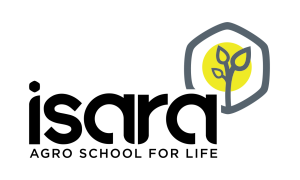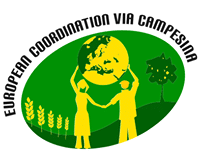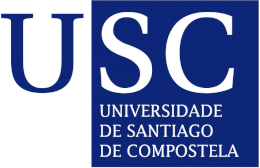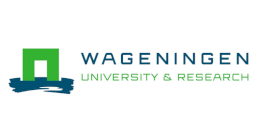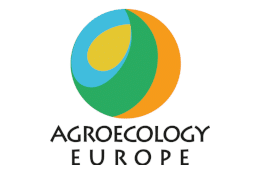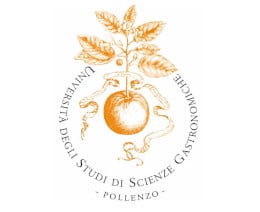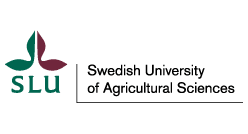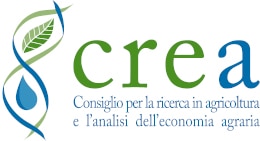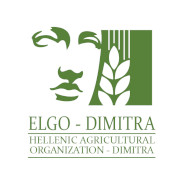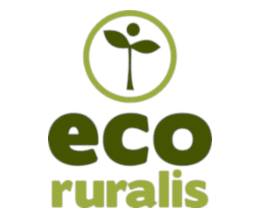#8 Policy Brief: Establishing an effective European network of Agroecology Living Labs: Entry points from a farmland biodiversity perspective
This Policy Brief presents a synthesis framework aimed at supporting the EU Partnership on Agroecology Living Labs and Research Infrastructures in its vision to establish an effective European network of living labs. It reaches out to policy and partnership coordinators as well as practitioners, providing insights to inform their decisions on where and which kind of living lab to fund in the future. This decision support can help to fully achieve policy targets related to farmland biodiversity and an agroecological transformation of European farming.
#7 Policy Brief: European Network for Agroecological Food Systems (ENAF)
The global food system is flawed. Not only is it not delivering healthy and nutritious food but it is also a key contributor to environmental degradation, biodiversity loss, malnutrition, rural poverty, and climate change, to name a few. Agroecology has gained momentum within scientific, academic, and political spaces as an alternative and holistic approach that incorporates considerations that go beyond the farm gate and can be applied at the field, farm, regional, national, and whole food system levels.
In order to strengthen the processes and mechanisms related to an agroecological transformation of farming and food systems, the AE4EU project envisioned a platform where networks and associations could come together to pool knowledge and resources, and provide mutual encouragement and support to enhance the potential impact on advancing the application of agroecological principles. After a year of deliberation amongst the project and various other networks and groups from across Europe, the European Network for Agroecological Food Systems (ENAF) was founded as a network of networks on 26 January 2023.
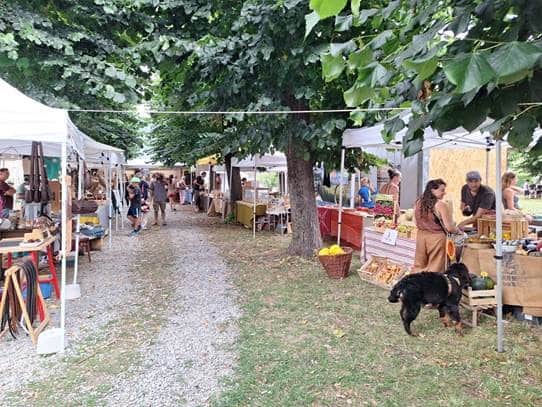
#6 Policy Brief: Enhancing opportunities for agroecological transformations of farming and food systems in Europe—addressing missing links
Agroecology aims to comprehensively transform food and farming systems in all dimensions, from production to distribution and consumption as well as governance. The aim is to achieve greater environmental and societal benefits while reversing the negative effects caused by existing food systems. Yet, an agroecological transformation – involving a range of transitions in relation to the above-mentioned dimensions of farming and food systems – requires valuing agroecology and making available investments that strengthen innovative agroecological approaches, support new (types of) markets, and help food system actors break free of current lock-ins. Knowing where the constraints and challenges lie, as well as knowing how these could be addressed, is important for enhancing existing strategies and policies, overcoming piecemeal engineering and window dressing, and taking advantage of the full potential of agroecology.
This policy brief provides a short synthesis of insights that emerged from various interactions with key stakeholders involved in the co-creation of the European Network for Agroecological Food systems (ENAF), the various strands of work done as part of AE4EU, and recent literature. This is meant to complement already ongoing initiatives in Europe such as the EU Agroecology Partnership.
#5 Policy Brief - How to Value and Fund Agroecological Transformation
AE4EU has created a snapshot of agroecological funding. Quantitative data was collected via European online statistic platforms, whereas qualitative data was generated through questionnaires and interviews with stakeholders directly involved in practicing, funding, and implementing programmes on agroecology in various countries.
Our research has shown that across Europe, good examples do exist to support agroecology. These can be used as models to be scaled out in other contexts. Crucially, it is necessary to create more accessible and effective funding for agroecology to reach ‘grassroots’ actors on the ground, that is, the growing agroecology movement, which includes many young people and new entrants into farming, as well as small-scale farmers more broadly.

#4 Policy Brief - Eco-Schemes in EU Member States Could Benefit from More Agroecology
The new Common Agricultural Policy (CAP) entered into force at the beginning of 2023, which includes the new form of direct payment schemes for environmental, climate and animal welfare. AE4EU aimed to analyse each member state’s strategic plan to determine which eco-schemes they have adopted and then identify which practices are truly agroecological and represent real progress to reach EU Green Deal targets.
Although the EC did not explicitly mention the need for member states to adopt agroecological practices (AEP), all the member states except Cyprus have included at least one AEP in one or more of their eco-schemes, accounting for more than 68% of the total eco-schemes (111). Nevertheless, it remains clear that many Eco-schemes have not been created with robust funding, clear targets or proven benefits, and risk to fall short of further Green Deal goals and not deliver environmental benefits. Therefore, the AE4EU project suggests recommendations for the future implementation of the Eco-schemes.
#3 Policy Brief - Fostering the transformative role of agroecological research in Europe
This policy brief aims to provide research-based policy recommendations for policy makers that are responsible for the design and funding of research programmes related to sustainable agriculture, as well as agroecology.
The research was undertaken as a desk-based activity in order to collect information on research projects and funding programmes which deal with agroecology in Europe, principally at the European (within the Horizon framework which is funded by the European Union) and transnational (codesigned and co-funded by Member States with the participation of European Union) levels.
Based on the research and three surveys that were conducted, the policy brief introduces science-based recommendations, with the aim to steer the actions of policy makers responsible for the design and funding of research programmes related to agroecology, in order to fortify its transformative role for the future of agriculture and sustainable food systems.
- Establish research programmes that consider the entire agri-food system and its actors, not only on the agronomic field and farming scales.
- Strengthen research cooperation and networks at the European scale by lowering the barriers that hinder the connection and participation of the currently less involved countries.
- Promote research programmes addressing, at least, level 3 (redesign) of Gliessman’s framework, and especially those that go beyond this and include the social and governance aspects of level 4 and 5 on the other hand, diminish research programmes addressing only level 1 (efficiency) and 2 (substitution).
- Design research programmes that strengthen transdisciplinary research, and explicitly demand the implementation of transdisciplinary designs and processes.
- Enhance the involvement of a greater number of actors from the entire agri-food system, in particular those who have been less represented thus far, such as upstream and downstream value chain actors, and the non-economic actors of the food system (i.e., citizens).
- Identify important elements and traits of agroecological Living Labs to truly guarantee the implementation of transdisciplinary approaches.
- Promote appropriate policies regarding scientific data to guarantee data sharing and reuse within the scientific community (i.e., rewards, mandatory data sharing agreements).
- Introduce institutional and procedural innovation to guarantee higher flexibility in the implementation of research projects, especially within budget and partnership management.
- Increase the duration of projects that are dealing with agroecology.
- Frame research programmes in a way that does not allow small projects whose results might be too simplified, as well as very large ones that cannot be efficiently managed

#2 Policy Brief - 10 Steps to Achieve the European Green Deal
10 Steps to Achieve the European Green Deal takes the time to show that many of the targets found within the European Green Deal, including the Farm to Fork and Biodiversity Strategies, can be met by a transition to agroecology. It aims to provide such a map through 10 concrete steps that can be taken to achieve no net emissions of greenhouse gases within the agricultural sector.
These recommendations aim to provide a framework to achieve the promised reduction of chemical pesticides, fertilisers, nutrient losses, and environmental and climate footprints; protection of EU’s protected areas; planting of 3 billion trees; restoration of high diversity landscape features; and expansion of organic farming.
#1 Policy Brief - Improving Eco-Schemes in the Light Of Agroecology: Key Recommendations for the 2023-2027 Common Agricultural Policy
Improving Eco-Schemes in the Light Of Agroecology: Key Recommendations for the 2023-2027 Common Agricultural Policy discusses the new CAP structure, as well as its content, through recommendations gathered from previous work of partners and contemporary insights within the various work packages of AE4EU. One of principal changes within the new CAP has been the inclusion of Eco-schemes – voluntary programmes linked to the first pillar which will be available to farmers with the hope to incentivize more ecological and environmentally-friendly farming practices. While agroecology holds an eminent space within this list by being listed as one of the primary recommendations, it does so within a role of just another practice to achieve a more sustainable farming system. The recommendations concluded for the Eco-schemes were the following:
- Separate practices from production systems.
- Create basic premiums for all eco-friendly agricultural production systems.
- Create multi-dimensional Eco-schemes that encourage the implementation of multiple practices at once.
- Ensure proportionality between the level of payment and the expected environmental benefits.
- Maintain rigorous conditionality by not paying for what should be mandatory.
- Public money for public goods.
The work included an assessment on which countries have included agroecology in their plans, as well as which schemes seem promising or concerning for the advancement of agroecology. Assessments showed that only 19 % Eco-schemes are likely to deliver their environmental objectives, well designed schemes are underfunded, while their less demanding counterparts remain more financially attractive (BirdLife Europe et al., 2021). This is dangerous for true environmental benefits to biodiversity, soil health, and climate mitigation and adaptation. For more information download and read the full policy brief below.


